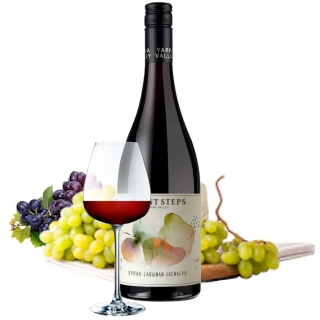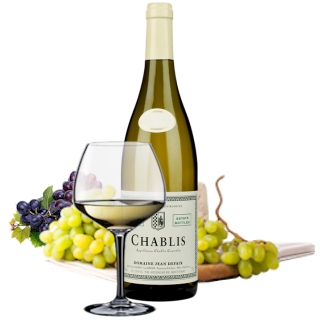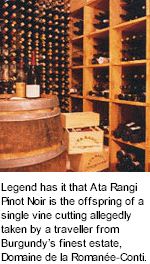


Ata Rangi means new beginning or dawn sky. The site was a barren 5-hectare paddock when Clive Paton bought it in 1980. He was one of a handful of winemaking pioneers in Martinborough, then a forgotten rural settlement, who were attracted to the area by three key features - the localised, free-draining shingle terrace some 20 metres deep, the lowest rainfall records of anywhere in the North Island, and the proximity to the capital city of Wellington, just an hour away. Clive, who'd farmed in the area, knew the land well. He chose mainly red varieties - Pinot Noir, Cabernet Sauvignon, Merlot and Syrah - and set out in pursuit of world class wines. Pinot Noir's potential shone from the start - the early wines widely appreciated for their texture and for their pure fruit expression of the variety.

The early days were tough with no income, trees or shelter belts (the Wairarapa is renowned for its relentless, drying nor-westers) and little experience. The first winemakers persevered, sharing knowledge and ideas, as well as equipment and winery space. Clive grew pumpkins and garlic between the rows, carting them to the markets in Wellington.
Clive called Auckland winemaker Malcolm Abel and volunteered to work a vintage. He knew that Malcolm was also chasing premium pinot noir, and the two soon became close friends. Malcolm gave Clive some promising pinot cuttings, the offspring of a single vine cutting allegedly taken by a traveller from Burgundy’s finest estate, Domaine de la Romanée-Conti. The illegal cutting had been intercepted and confiscated at Auckland airport, where Malcolm, coincidentally, was working as a customs officer in the mid seventies.
To this day, the Abel Clone, or Gumboot Clone (legend has it the nicked cutting was secreted inside a Kiwi gumboot!) remains at the heart of Ata Rangi Pinot Noir. Every Pinot enthusiast adores the texture, and length of palate it delivers. Its tannins are substantial, yet are incredibly silky and fine. From wthin the Ata Rangi site, it brings dark cherry, and a brooding, savoury feel.

Clive's faith in the area has paid off immensely. Ata Rangi Pinot Noirs have three times won the coveted Bouchard-Finlayson Trophy for Best Pinot Noir at the International Wine and Spirit Competition in London. This international recognition came after a decade of gold medal and trophy successes in Australasian wine competitions. Today the wines enjoy an enviable international reputation, with listings in many of the finest restaurants of the world. As Bob Campbell MW notes "It's true - Ata Rangi has the Midas touch with all of its wines."
Ata Rangi and the family team have gradually expanded since those early days. Clive's sister Alison, who'd been working in the wine trade in London, purchased 2 hectares adjoining the original block in 1982. Particular effort goes into achieving balanced vines, delivering consistently ripe, quality bunches. Hand leaf plucking over the summer ensures open canopies. Yields are very low, typically 1 to 2 T/acre (3 T/hectare). This is due to the usually cool, very windy spring weather which affects fruit set and also to the lean, stony soils which are low in vigour and fertility. All grapes are hand-picked. Many of the vines are now 27 years old, a factor in the wines ascending quality, as is this hands-on emphasis in the vineyard. Sustainability and soil health are our goals - read more about this on the Environment page.
Around 12,000 cases are produced from the 30 hectares of vineyards supplying fruit to the winery. Almost half is exported, mainly to Australia, the EU, USA and Japan. The winery shop welcomes visitors all year around. Hours are 1pm to 3pm midweek, and Noon to 4pm weekends and holidays. Today, Martinborough is thriving. The charming, leafy wine village - with its cluster of restaurants, cafes and interesting shops centred around a park-like Square - is a popular destination for wine and food-lovers or for those simply seeking a retreat from city life.
